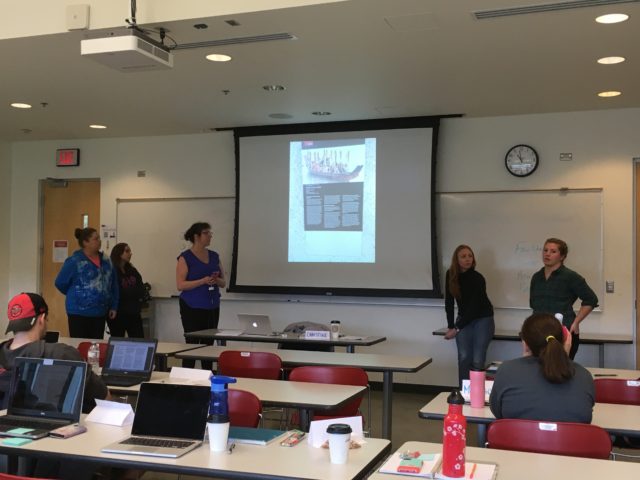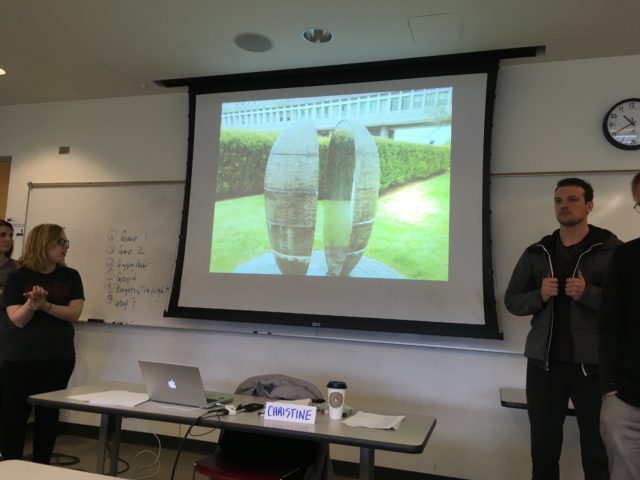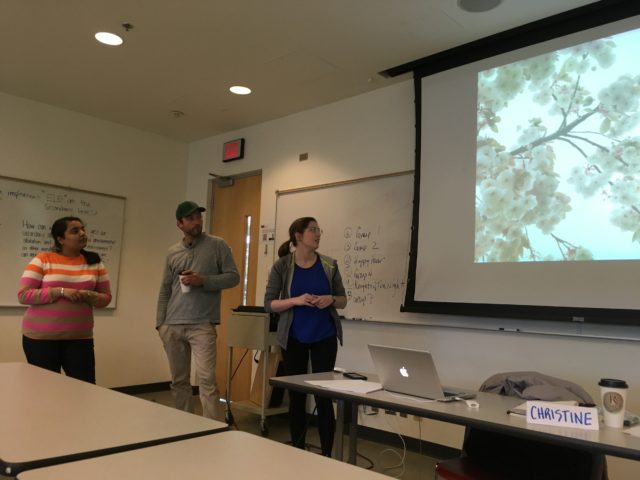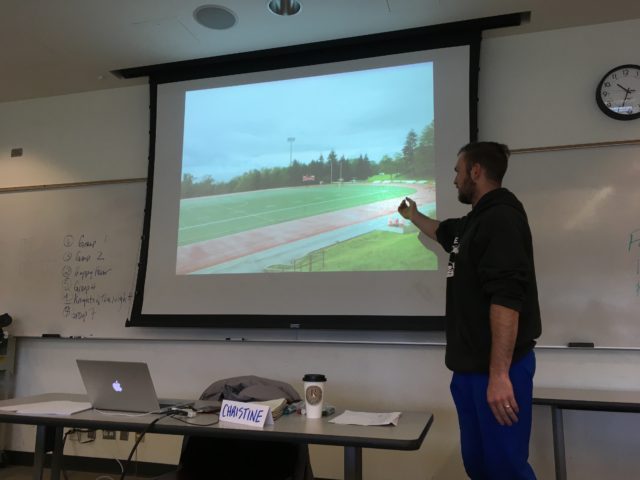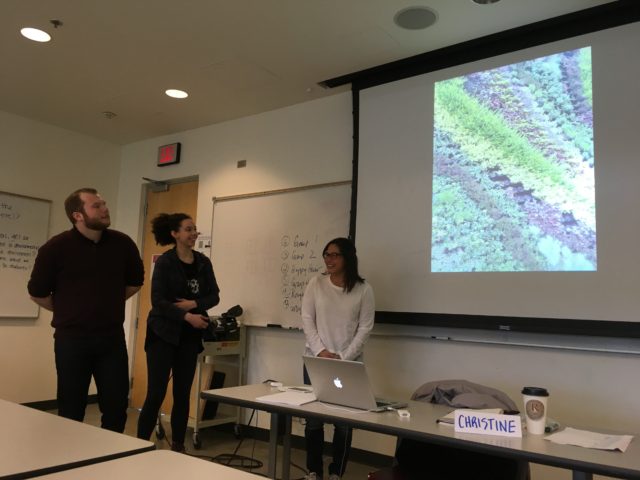What is Your Math Story?
EDUC 454 D100 – Week 2 – May 16, 2017
After having my first class with EDUC 454, I was struck by their sense of math efficacy as secondary teacher candidates. I get that math can be difficult for some, but I am brought back to my long term curiosity of… “What’s your math story?” Everyone has one. Most of them are not so positive, so I wonder about what made the learning experience so challenging or difficult. If I continue with my research, this is something I would love to investigate further. Was it the pedagogy? the teacher’s understanding? the relationship? the uncertainty? the difficulty of the subject matter? WHAT IS IT?
Throughout my K-12 experience, I did not find mathematics very difficult. That said, I did not excel at mathematics either. I was a solid 85% average student… a solid B but not quite an A. I remember opting out of Calculus 12 in Grade 12. Big mistake. Why? I failed Math 100. Not proud of it. I remember having to purchase my professor’s “unpublished math book” as my learning resource and him saying after this long, diluted calculation that “as you can see, the answer is zero.” Disappointing. After all that math, the answer equated to nothing!!! I stopped learning. I blamed the teacher. As a result, my undergraduate experience was an obstacle course because every course I needed or wanted required Math 100 as a prerequisite. On the brighter side, I took Math 100 for the second time and got an A with 92%. Redemption.
However, I don’t think this is my “math story” anymore. There was no question that math was challenging, just like any other subject area. And yes, it posed as a barrier to many of my course selections throughout my undergrad because I wanted to become a Chemistry Major and I was a General Science student for most of my undergraduate years until my fifth year of university. In the meantime, I tutored mathematics at Kwantlen College Adult Basic Education program and decided that I wanted to become a teacher. The extra year was a blessing because I had the time to complete the required prerequisites for teacher education at UBC. Truth. I think that I had an “English Story” rather than a “math story” for most of my life. I always believed that I could not read and write. I hated reading out loud in my Grade 4 class. I hated reading out loud on the first day of teacher education orientation at UBC.
Anyway, back to my math story. I think that my math story shifted when I became a secondary mathematics teacher. I was always curious about how students became so disinterested in mathematics as they moved from Grade 8 to 12. This is not to say that all students arrive to high school with wide eyes and a love for mathematics, but I know ratio wise that not all Grade 8 students will take Math 12. My math story as a secondary mathematics teacher was solidified when I first taught Essentials Math 11. In previous years, I was the Math 11, Math 12, Calculus 12, and Enriched Math 8 teacher. That year, my teaching assignment switched. It was an eye opener. It took almost a month within a semester to establish a relationship with these students to find out that most of them should not be enrolled in the course. Most of these students were math-able. Why were these students here in Essentials Math?
Essentials Math, at the time, was the low level math pathway in BC education. Every student needed a math 11 credit to graduate from high school. Most of these students “chose” to be in Math Essentials 11 after three years of high school math. Because I was curious, I asked each student who they had as a mathematics teacher in Grades 8 to 10. Most of the students who I perceived to be math-able had teachers who were not mathematics subject specialists. What did this mean? Not really sure, but this informal finding was eye-opening. To make a super long story really, really short… I delved into this problem with my dissertation and focused on the professional learning experiences of non-mathematics subject specialist teachers and their acquisition of the subject matter as practicing secondary mathematics teachers in BC schools. This was a 9-year journey after 16 years of teaching secondary mathematics. I am satisfied with my results and hope to defend soon.
Now, my mind has drifted onto another math story. It just happened during our second class of EDUC 454. This math story is an extension from my research and the math-story-phenomenon. Because my students had expressed a mild dislike for mathematics in my Q-course, I wanted to explore this further with an outdoor activity. Students were asked to go out in groups of 4 or 5 and take photos of “the environment” and describe “what math do you see?” They also had to embed their understanding of their subject speciality into their findings and present what they had found to the class. Their findings could be presented to the class as an inquiry question that incorporated the environment, mathematics, and their subject speciality. One group after the other… they had wowed me. Great questions. I loved the different photos they took around campus. I was completely engaged.
These students exceeded my expectations (again). Here’s a group of teacher candidates with a perceived math efficacy of “mediocre at best” and they excelled in this group activity… incorporating mathematics, the environment, and their subject speciality to develop quantitative inquiry questions. How does this happen? Once again, I am more curious about teaching, learning, and mathematics education.
